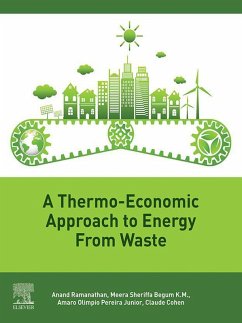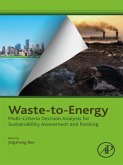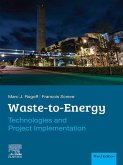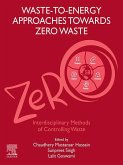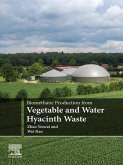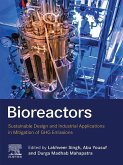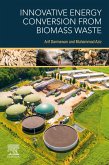A Thermo-Economic Approach to Energy From Waste provides readers with the tools to analyze the effectiveness of biomass waste conversion into value-added products and how thermochemical conversion methods can be commercialized with minimum environmental impact. The book provides a comprehensive overview of biomass conversion technologies through pyrolysis, including the types of reactors available, reactor mechanisms, and the upgradation of bio-oil.
Case studies are provided on waste disposal in selected favelas (slums) of Rio de Janeiro, including data on subnormal clusters and analyses of solid waste in the 37 slums of Catumbi. Step-by-step guidance is provided on how to use a life cycle assessment (LCA) approach to analyze the potential impact of various waste-to-energy conversion technologies, and a brief overview of the common applications of LCA in other geographical locations is presented, including United States, Europe, China, and Brazil. Finally, waste-to-value-added functional catalysts for the transesterification process in biodiesel production are discussed alongside various other novel technologies for biodiesel production, process simulation, and techno-economic analysis of biodiesel production.
Bringing together research and real-world case studies from an LCA perspective, the book provides an ideal reference for researchers and practitioners interested in waste-to-energy conversion, LCA, and the sustainable production of bioenergy.
Case studies are provided on waste disposal in selected favelas (slums) of Rio de Janeiro, including data on subnormal clusters and analyses of solid waste in the 37 slums of Catumbi. Step-by-step guidance is provided on how to use a life cycle assessment (LCA) approach to analyze the potential impact of various waste-to-energy conversion technologies, and a brief overview of the common applications of LCA in other geographical locations is presented, including United States, Europe, China, and Brazil. Finally, waste-to-value-added functional catalysts for the transesterification process in biodiesel production are discussed alongside various other novel technologies for biodiesel production, process simulation, and techno-economic analysis of biodiesel production.
Bringing together research and real-world case studies from an LCA perspective, the book provides an ideal reference for researchers and practitioners interested in waste-to-energy conversion, LCA, and the sustainable production of bioenergy.
- Presents an overview of the technologies for the production of biofuels from waste via pyrolysis and gasification
- Provides a guide to the utilization of LCA to assess the economic and environmental impact of value-added products
- Describes real-world case studies on the implementation of LCA in waste-to-energy scenarios
Dieser Download kann aus rechtlichen Gründen nur mit Rechnungsadresse in A, B, BG, CY, CZ, D, DK, EW, E, FIN, F, GR, HR, H, IRL, I, LT, L, LR, M, NL, PL, P, R, S, SLO, SK ausgeliefert werden.

